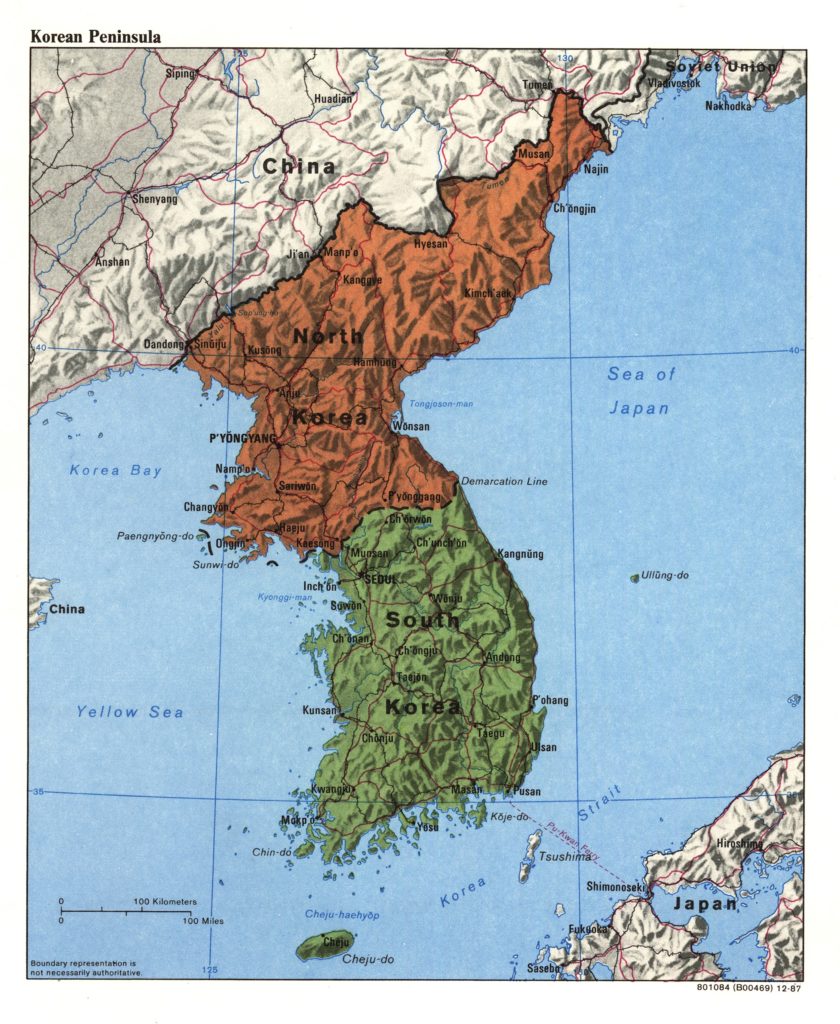Due to COVID-19 and its fallout, policymakers are confronted with newly emergent problems alongside preexisting ones. Nowhere is this more evident than on the Korean Peninsula. As the pandemic has spread, US-DPRK talks remain stalled, inter-Korean relations persist as mostly one-sided, and North Korea has continued to test and refine its missile capabilities as well as ratchet up its rhetoric.
In light of these still simmering issues, the Stimson Center’s Security for a New Century (SNC) and 38 North Programs brought together a panel of experts to discuss: Missile Defense Futures and the Korean Peninsula. The webinar was a closed-door, invitation-only program for congressional staffers and was part of SNC’s Korea Study Group event series. The panelists offered a combination of technical expertise and high-level policy experience, helping put missile defense and related issues into a larger political and strategic context.
The panel explored the US regional and homeland missile defense posture, focusing on an evaluation of its effectiveness in maintaining extended deterrence in light of: future developments in North Korea’s missile force; DPRK missiles themselves, including how short-range tests inform research and development on long-range capabilities; US allies and alliance resources; and South Korea’s own ostensibly independent Korea Air and Missile Defense (KAMD) system. The panelists also provided background on strategic instability on the Korean Peninsula and what the US can do to maintain stability and prevent escalation.
The webinar was moderated by Dr. Clint Work, Fellow for Stimson’s Security for a New Century and 38 North programs. The featured speakers were: Admiral James A. “Sandy” Winnefeld, Jr. U.S. Navy (Retired), former Vice Chairman of the Joint Chiefs of Staff; Dr. James N. Miller, former Under Secretary of Defense for Policy from 2012 to 2014; and Michael Elleman, Director of Non-Proliferation and Nuclear Policy Programme at the International Institute for Strategic Studies (IISS).

